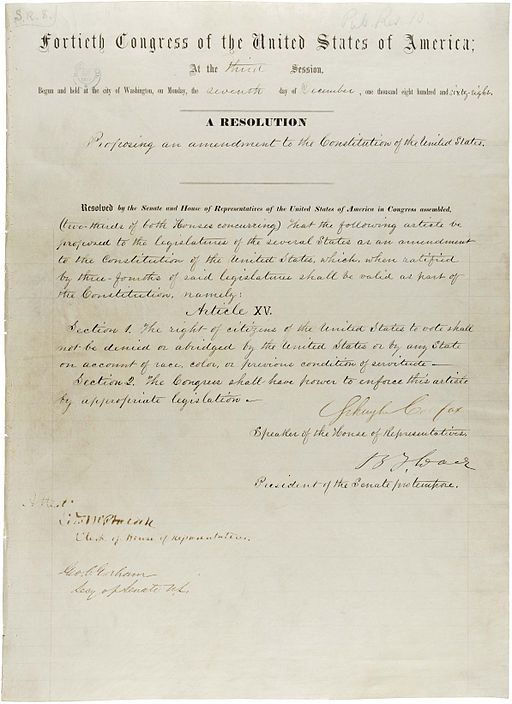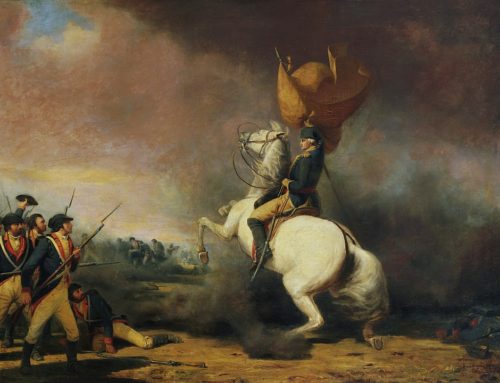Over the years I have mentioned that Blacks were effectively denied suffrage in the South until 1944. The fifteenth amendment, providing male suffrage, was emasculated through a series of laws. The Civil Rights laws of the 1960’s were the final acts necessary to overcome southern resistance; however, many judicial decisions were taken over time to deal with Jim Crow legislation. Today, a vast majority of Blacks throughout the country identify with the Democratic Party. However, until 1944, Blacks were effectively blocked from participating in southern Democratic primaries.
After the Civil War, southern states developed an election system in which the Democratic Party primary election was the important election because the Democratic candidate always won the general election. The states then excluded black people from voting in the primary election, which meant that blacks were excluded from voting in the election that counted. In the 1927 case Nixon v. Herndon, Justice Holmes wrote that the Texas statute that prevented Blacks from participating in the Democratic Party clearly violated the fourteenth Amendment’s Equal Protection Clause.
Texas replaced this statute with one that gave the state executive committee of each political party the power to “prescribe the qualifications” of the party’s own members and decide who would be allowed to vote in its primary election. The state executive committee of the Texas Democratic Party than passed a rule that prevented black people from voting in the Democratic Party primary election. In 1932, the Supreme Court in Nixon v. Condon decided in a five to four vote that this also was unconstitutional.
The Democratic Party argued that it was a private organization, and therefore, the Court did not have the power to force the party to change its procedure. Justice Cordozo rejected this idea, finding that the new law delegated the state’s power to decide who could vote in the primary to the Democratic Party’s executive committee, and therefore the committee was acting as an agent of the state.
After this decision, the state convention of the Texas Democratic Party passed a rule barring blacks from the party primary. In the 1935 case of Grovey v. Townsend, a unanimous Court allowed this rule to stand. Because there was no “state action,” this was viewed as simply a decision by a group of private citizens and beyond the reach of the Thirteenth, Fourteenth, and Fifteenth Amendments.
In Smith v. Allwright in 1944, Justice Reed, writing for the seven-justice majority ruled that, where a state has essentially turned over control of an important part of the election process to a political party, the action of that political party can be considered to be the same action as the state. This decision rested primarily on the Fifteenth Amendment.
Originally published in the Sarasota Herald-Tribune




